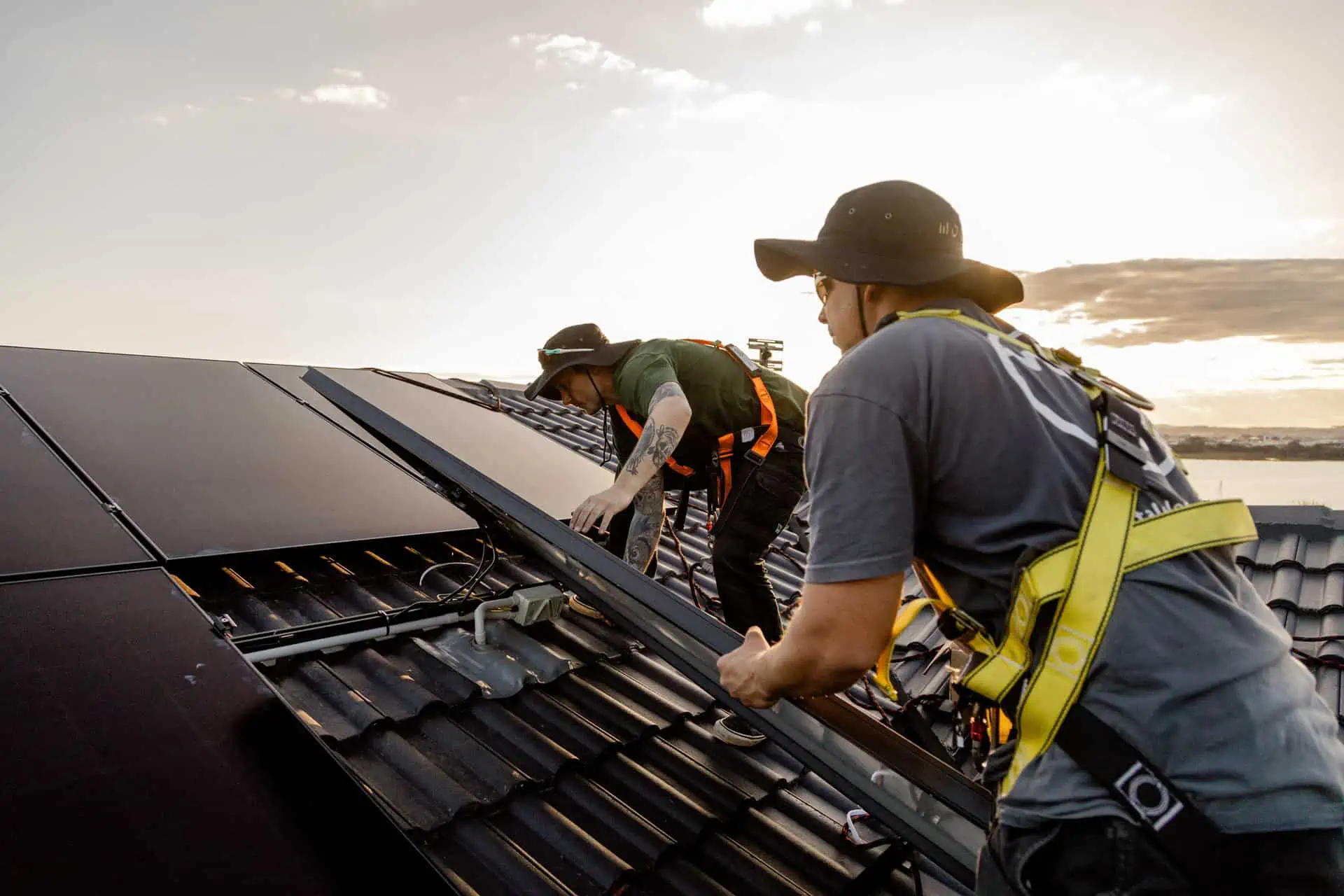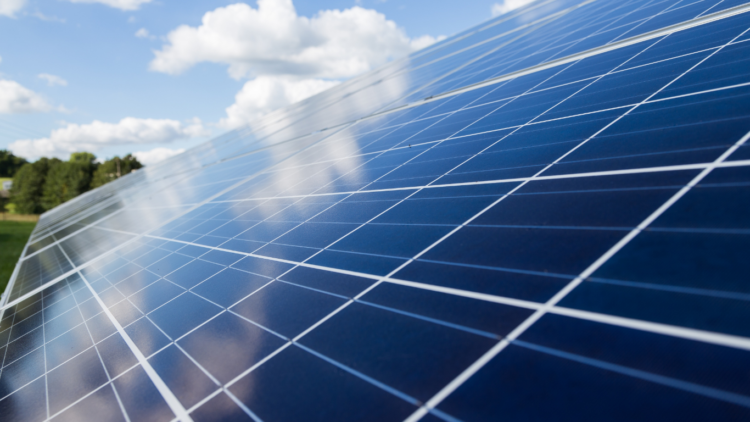Optimize Energy Cost Savings With High-Quality Solar Panels
Maximizing power savings via the use of high-grade solar panels is a multifaceted technique that calls for cautious consideration of modern technology, installment, and maintenance. Choosing high-efficiency alternatives, such as monocrystalline panels, can substantially improve electrical energy generation, while toughness and warranty terms play an essential role in long-lasting financial practicality.
Benefits of Solar Power
The benefits of solar energy are many and considerable, making it an increasingly attractive option for both residential and commercial applications. One of the main advantages is its potential to decrease power costs. By using sunshine, home owners can produce their own power, decreasing reliance on conventional utility sources and ultimately resulting in considerable financial savings.
An additional crucial advantage is ecological sustainability. Solar power is a tidy, eco-friendly resource that assists to alleviate greenhouse gas emissions, adding to a decrease in air pollution and environment modification. This aligns with international initiatives to change in the direction of more sustainable energy services.
Additionally, solar power systems can raise residential property worth. Houses and businesses equipped with photovoltaic panels usually have higher resale values, appealing to environmentally-conscious purchasers and financiers. Federal government rewards, such as tax obligation credit ratings and discounts, can balance out installment prices, making solar power also more monetarily viable.
Last but not least, solar technology advertises power self-reliance. By buying solar power, individuals and companies can decrease their susceptability to fluctuating power costs and supply interruptions, fostering better control over their energy resources. Jointly, these advantages emphasize the compelling factors to think about solar power solutions.
Choosing the Right Solar Panels
Choosing the best solar panels is a critical step in taking full advantage of the performance and benefits of a solar power system. When assessing solar panels, several variables ought to be thought about to make certain optimal performance and long-lasting cost savings.
First, assess the panel's effectiveness rating, which suggests exactly how efficiently it converts sunlight right into electrical energy. Higher effectiveness panels might have a greater upfront cost however can produce more power in limited space. Next, examine the service warranty used by the manufacturer; a much longer service warranty commonly mirrors a greater degree of self-confidence in the item's durability and efficiency.
In addition, think about the type of solar panel technology. Monocrystalline panels are understood for their high effectiveness and space-saving layout, while polycrystalline panels have a tendency to be much more inexpensive yet somewhat less reliable. Bifacial panels, which catch sunlight from both sides, are also obtaining appeal for their possible to enhance power output.
Finally, conduct a comprehensive evaluation of independent performance ratings and consumer testimonials to evaluate reliability and complete satisfaction. By very carefully thinking about these factors, home owners can make informed options that line up with their power needs and monetary objectives, inevitably boosting the roi for their solar power systems.
Comprehending Installment Expenses
Understanding the costs related to installing solar panels is essential for home owners aiming to purchase renewable resource. The overall setup cost can vary click this link substantially based on a number of factors, including system size, panel kind, setup complexity, and geographical location.
Generally, the price is relied on a per-watt basis, with average prices ranging from $2.50 to $3.50 per watt before any incentives. A go to this web-site basic domestic system could set you back between $15,000 and $25,000, depending on power needs and the picked components.
In enhancement to the panels themselves, property owners need to consider expenditures connected to inverters, mounting hardware, and electric upgrades. Labor expenses also play a vital duty, as professional installation makes certain conformity with safety standards and regional laws.

Ultimately, recognizing these installation costs and prospective economic advantages is essential for home owners to make informed decisions regarding transitioning to solar power.

Upkeep for Long-Term Financial Savings
Keeping solar panels is critical for taking full advantage of long-lasting power cost savings and guaranteeing the system runs at peak performance. Normal upkeep includes a number of key practices that can substantially enhance the long life and performance of solar installments.
First, regular inspections must be conducted to identify any kind of physical damages or wear, such as cracks or loose links. Cleansing the panels is also crucial, as dust, dirt, and particles can obstruct sunlight, lowering energy outcome (Solar Panels). It is advisable to clean the panels a minimum of twice a year, or extra frequently in areas with high degrees of dirt or contamination
In addition, checking the system's performance with a tracking software program can offer real-time information on power production and alert home owners to any kind of anomalies. This proactive strategy enables for timely repair services, decreasing downtime and preserving optimum energy generation.
Environmental Influence of Solar Power
The click for more info ecological impact of solar power prolongs much beyond its immediate benefits of minimizing electricity bills and dependence on nonrenewable fuel sources. By harnessing sunlight, solar power considerably decreases greenhouse gas emissions, consequently minimizing environment modification. Unlike traditional energy resources such as coal or all-natural gas, solar power generation does not create air contaminants, adding to enhanced air quality and public wellness.
In addition, solar energy promotes biodiversity by minimizing the need for nonrenewable fuel source removal, which often disrupts ecological communities and environments. By transitioning to renewable resource sources, we can maintain natural landscapes and secure jeopardized varieties from environment loss.
The life process of solar panels also provides a lower ecological impact compared to conventional energy resources - Solar Panels. While making photovoltaic panels includes some source use and emissions, improvements in innovation and recycling procedures are continuously decreasing these influences. Additionally, the lasting benefits of solar power-- such as lowered dependence on finite resources-- far surpass these preliminary expenses
Conclusion
In recap, the adoption of top quality solar panels provides substantial opportunities for power financial savings and environmental advantages. The critical alignment of solar panel selections with energy requirements and government rewards enhances return on financial investment, advertising sustainability and lowering reliance on conventional power resources.